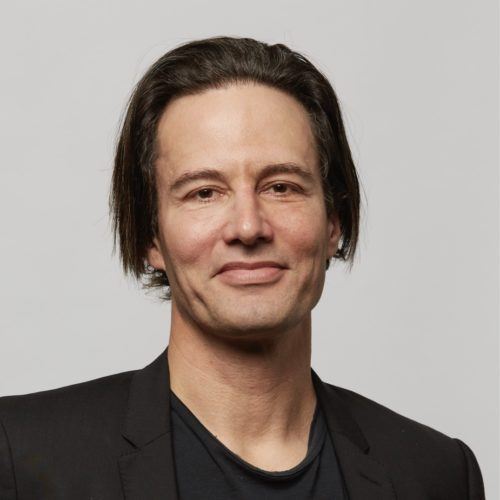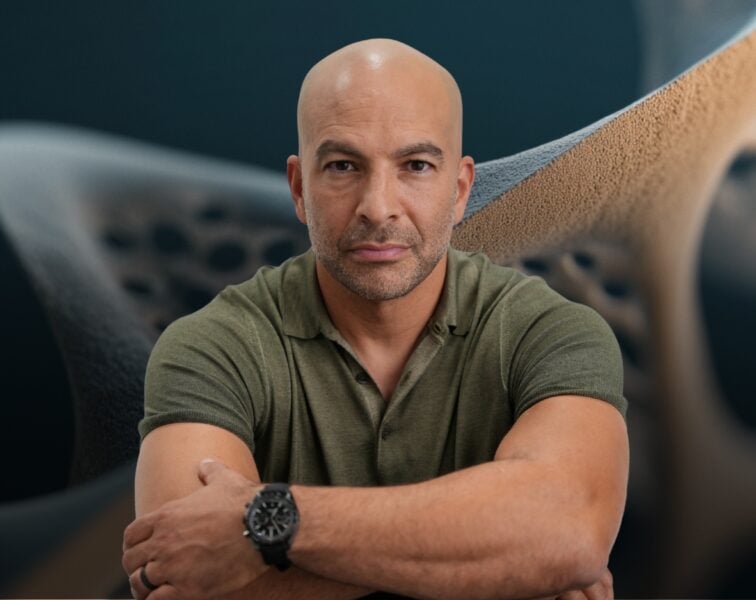Ned David is the co-founder of Unity Biotechnology, a company developing senolytic medicines—molecules that target and destroy senescent cells in the human body. In this episode, Ned explains the science of cellular senescence and how it impacts the aging process. Ned discusses how senolytics may delay, prevent, treat, or even reverse age-related diseases, including cancer, cardiovascular disease, and neurodegenerative disease. As a serial entrepreneur, Ned also provides advice on how to transform a simple idea into the creation of a company.
Subscribe on: APPLE PODCASTS | RSS | GOOGLE | OVERCAST | STITCHER
We discuss:
- Defining longevity and the principles of aging [2:50];
- The control knobs of aging and how we can turn them [15:10];
- Role of cellular senescence in aging and cancer [27:00];
- History of senescence in scientific study [40:30];
- The cellular senescence paradox [46:00];
- Developing medicines that target cellular senescence [52:15];
- Ned’s lessons on risk analysis in business [1:05:15];
- The search for a molecule that could eliminate senescent cells [1:15:15];
- Senescent cell elimination example in osteoarthritic knees [1:30:30];
- Extending lifespan by removing senescent cells [1:45:00];
- Senolytic molecule example in macular degeneration reversal [1:52:30];
- The future of senescent cell targeting [1:58:30];
- The role of cellular senescence and metabolic syndrome [2:01:30];
- The role of cellular senescence and brain health [2:03:30]
- How building the company Kythera prepared Ned for his grander project of creating Unity Biotechnology [2:05:45];
- Advice for someone considering an entrepreneurial career path versus an academic career path [2:08:50]; and
- More.
Get Peter’s expertise in your inbox 100% free.
Sign up to receive An Introductory Guide to Longevity by Peter Attia, weekly longevity-focused articles, and new podcast announcements.
Defining longevity and the principles of aging [2:50]
What does “longevity” mean to Ned?
“Well, longevity for me would be being able to live without the indignities that I’ve witnessed. We all witnessed in our lives all of these features of aging that seemed to be an escapable.”
“Longevity would be the ability to use what I know how to do just science, biology, and be able to change how we get to live our lives, to be free of these indignities.”
Principles of aging
–Three principles:
#1—Aging is not a rigid thing, it’s flexible and malleable
#2—Nature has “control knobs”
#3—Natures control knobs can be “twisted” by humans (such as with drug development)
“So nature is clearly gone to town on this and created these marvelous examples of disparate lifespan, but sort of the same creature, the same biochemistry.”
First evidence that there were “control knobs”
1—Very similar creatures have very different lifespans
- Example: A hard clam (one that you could eat) lives about 40 years, but it has a deep ocean dwelling relative called the quahog clam that lives at least 500 years
- Example in mammals: Tiny shrew (less than 1 year lifespan) vs. Bowhead whale (~200+ years)
2—Cynthia Kenyon’s work in C. elegans (worms)
- Kenyon showed that by knocking out a single gene (Daf-2) could double it’s lifespan
- Later work suggested knocking out the daf-16 gene in combo with caloric restriction was perhaps the most extrapolatable insight to mammals
“To me, it was the Daf-2 to Daf-16 observation that opened up the field and said that there were these knobs that you could turn and you could get these radical impacts on longevity.”
The control knobs of aging and how we can turn them [15:10]
The control knobs of aging:
{end of show notes preview}
Would you like access to extensive show notes and references for this podcast (and more)?
Check out this post to see an example of what the substantial show notes look like. Become a member today to get access.

Ned David, Ph.D.
Ned co-founded UNITY in 2011, largely because he thought it was “simply the coolest biology he had ever seen.” Before UNITY, Ned co-founded four other biotechnology companies that together raised over $1.5 billion in financing and today employ over 400 scientists, engineers, and business people. Ned builds companies because he sees company creation as a means to create technologies that change the world. Ned is a co-founder of Syrrx (acquired by Takeda), Achaogen (AKAO), Kythera Biopharmaceuticals (KYTH, acquired by Allergan), and Sapphire Energy. Ned holds pending and issued patents in fields such as nanovolume crystallography, antibiotic resistance, aesthetic medicine, and cellular senescence. He has served on the board of directors of Kythera Biopharmaceuticals, Sapphire Energy, and the Buck Institute for Research on Aging and is a member of the board of trustees of the University of California Foundation. Ned was named one of the Top 100 innovators in the world under 35 by the MIT Technology Review. He holds a Ph.D. from the University of California, Berkeley in Molecular and Cellular Biology and an A.B. in Biology from Harvard University. [unitybiotechnology.com]



